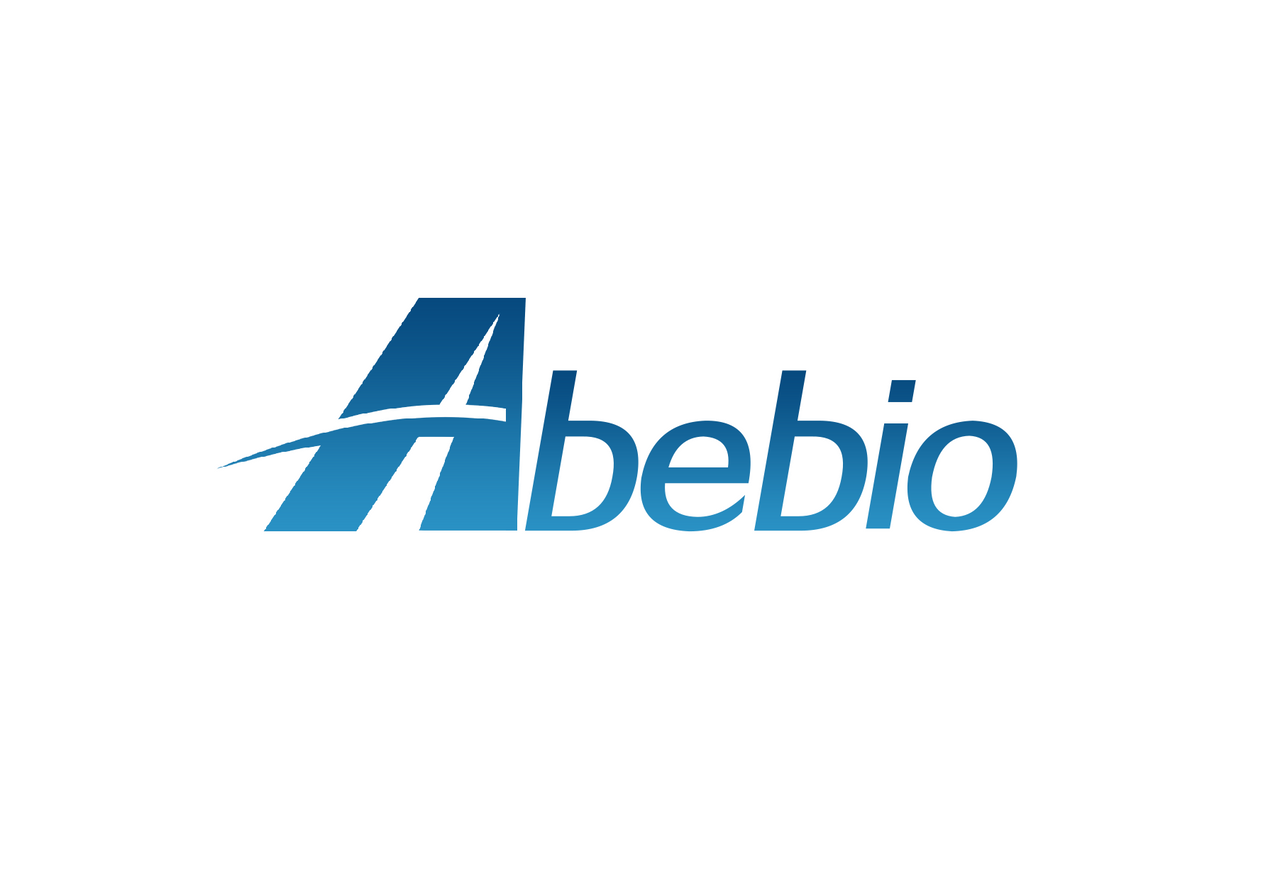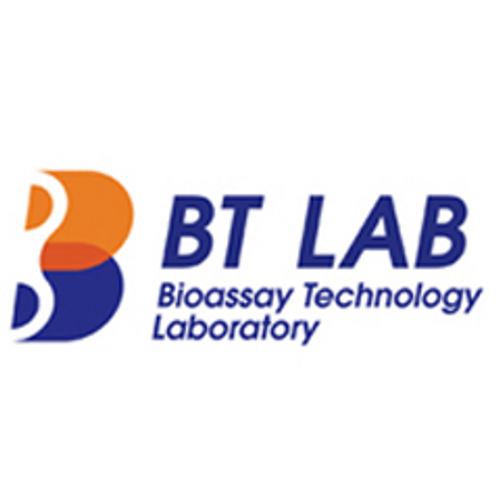Product Description
Pig Cortisol (COR) ELISA Kit | AE59030PI | Abebio
Species Reactivity: Pig (Sus scrofa; Porcine)
Abbreviation: COR
Alternative Name: Hydrocortisone
Application: ELISA
Range: 2.47-200 ng/mL
Sensitivity: 0.93 ng/mL
Intra-Assay: ≤5.2%
Inter-Assay: ≤9.5%
Recovery: 0, 92
Sample Type: Serum, Plasma, Other biological fluids
Detection Method: Competitive ELISA
Analysis Method : Quantitive
Test Principale: This assay employs the competitive enzyme immunoassay technique. The microtiter plate provided in this kit has been pre-coated with an antibody specific to COR. Standards or samples are then added to the appropriate microtiter plate wells with a Horseradish Peroxidase (HRP) -conjugated COR and incubated. The competitive inhibition reaction is launched between with HRP labeled COR and unlabeled COR with the antibody. A substrate solution is added to the wells and the color develops in opposite to the amount of COR in the sample. The color development is stopped and the intensity of the color is measured.
Product Overview: Cortisone is a steroid hormone. Chemically, it is a corticosteroid closely related to corticosterone. It is used to treat a variety of ailments and can be administered intravenously, orally, intraarticularly, or cutaneously. Cortisone suppresses the immune system, thus reducing inflammation and attendant pain and swelling at the site of the injury. However, its effects on the immune system have resulted in various side-effects, particularly in the long-term use of cortisone. 17-hydroxycorticosteroid (17-OHCS) is an inactive product formed when the liver and other body tissues break down cortisol, a steroid hormone.17-OHCS is a group of hydroxycorticosteroids bearing a hydroxy group at the 17-position. Urinary excretion of these compounds is used as an index of adrenal function. They are used systemically in the free alcohol form, but with esterification of the hydroxy groups, topical effectiveness is increased.
Stability: The stability of ELISA kit is determined by the loss rate of activity. The loss rate of this kit is less than 5% within the expiration date under appropriate storage condition. The loss rate was determined by accelerated thermal degradation test. Keep the kit at 37°C for 4 and 7 days, and compare O.D.values of the kit kept at 37°C with that of at recommended temperature. (referring from China Biological Products Standard, which was calculated by the Arrhenius equation. For ELISA kit, 4 days storage at 37°C can be considered as 6 months at 2 - 8°C, which means 7 days at 37°C equaling 12 months at 2 - 8°C) .
 Euro
Euro
 USD
USD
 British Pound
British Pound
 NULL
NULL








